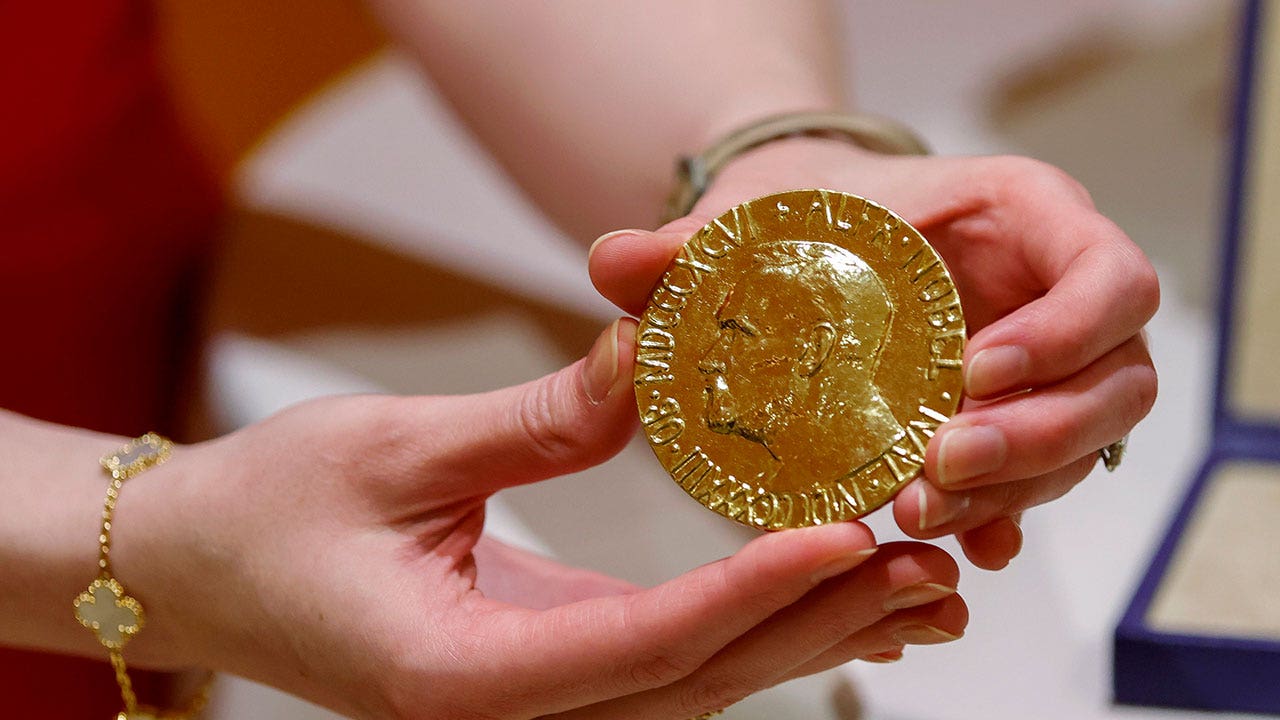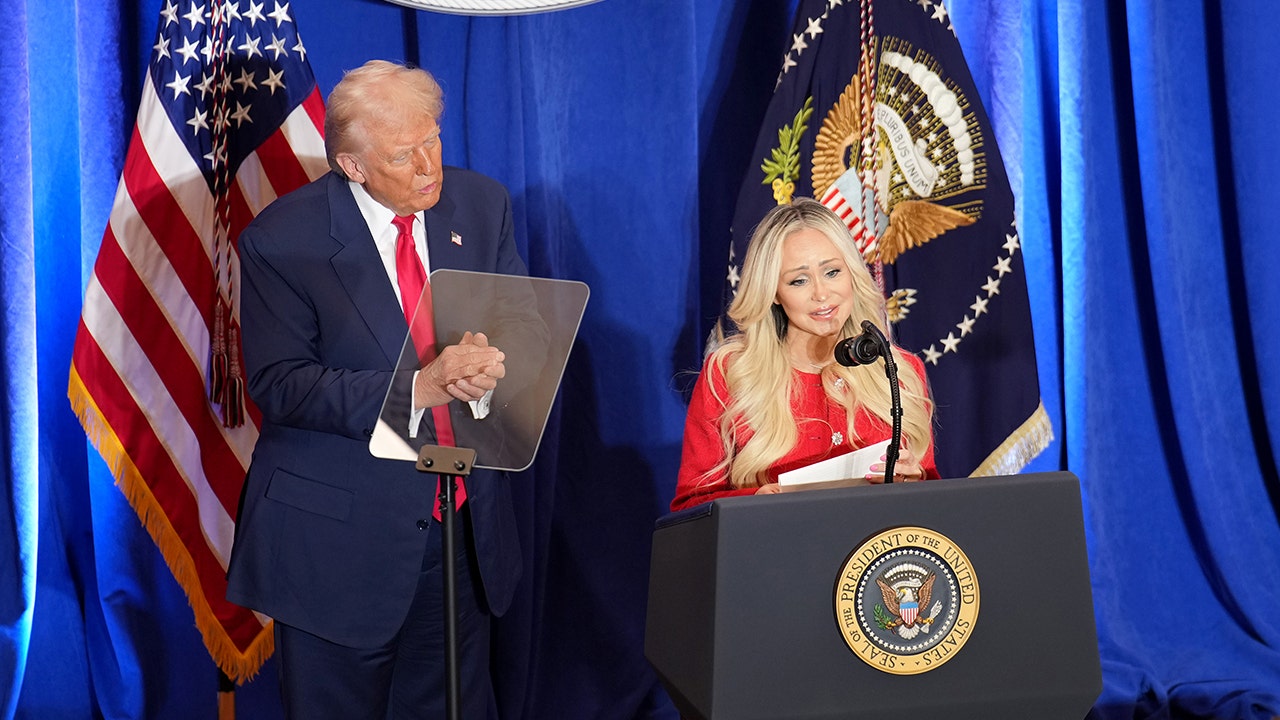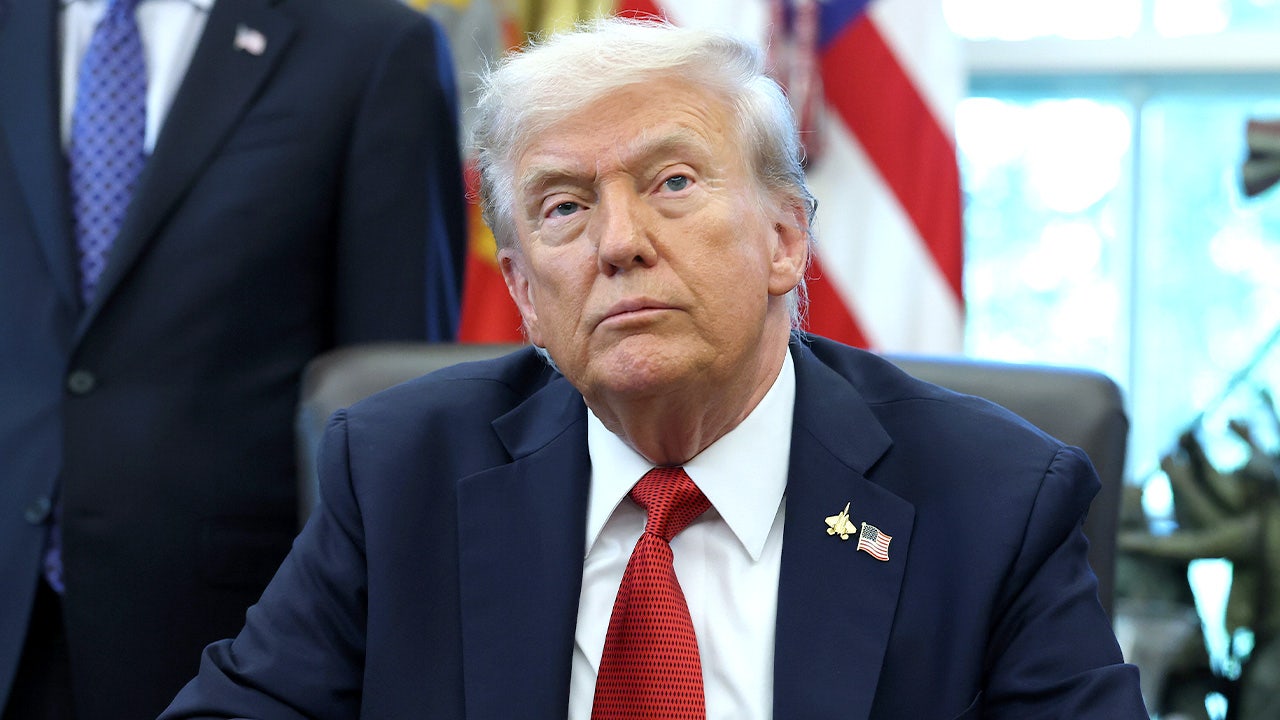‘We need to stay together for the larger fight,’ J Street president Jeremy Ben-Ami said of Mamdani following his primary win
As a student at Bowdoin College, the elite liberal arts school in Brunswick, Maine, a young Zohran Mamdani founded the school’s chapter of Students for Justice in Palestine. Then he shut down any collaboration between SJP and the anti-Israel Jewish group J Street because, under his leadership, one of the tenets of the organization would be “anti-normalization”—that is, no cooperation with any group that supported the existence of Israel.
J Street doesn’t seem to be holding any grudges. When it comes to Mamdani, the organization’s president, Jeremy Ben-Ami, said days after his victory in the Democratic primary that “we can’t allow self-defeating arguments over Israel to tear us apart.” He has argued that the Left must build a “bridge” between “the center left Jews who care about Israel and the really progressive pro-Palestinian rights activists,” including Mamdani.
“There is a very, very important bridge that needs to be built here if we are going to beat the forces that I think we’re all up against, the forces that are anti-democratic, that are ethnonationalist, that are against the rule of law,” Ben-Ami said during a July episode of J Street’s podcast.
“I like to think J Street has an important role to play in this. Frankly, I think Zohran Mamdani has an important role to play in this. We need to stay together for the larger fight.”
Mamdani took the opposite approach at Bowdoin. It was there he founded an SJP chapter “long before the group became a polarizing national force,” the New York Times reported, “and led a campaign to persuade Bowdoin to join an academic boycott of Israel’s ‘oppressive occupation and racist policies.'”
When Hamas flooded Israel with rocket fire in 2012, “classmates persuaded him to team up on a joint education event with J Street U,” according to the Times. The event was popular, but Mamdani shut down further collaboration with J Street, citing a “policy of anti-normalization” that barred the chapter from “working with groups that supported Israel.”
Ben-Ami did not respond to a request for comment about Mamdani’s refusal to collaborate with J Street. Mamdani did not respond to a request for comment about whether he now supports SJP’s collaboration with J Street.
Founded in 2007 on the premise that Zionist groups in the United States are too far right, J Street is a self-described “pro-Israel, pro-peace” group. Its campus branches have defended Boycott, Divestment, and Sanctions activists like Mamdani and attacked the Jewish state. Liberal billionaire George Soros’s Open Society Foundations has sent the group millions of dollars over the past eight years.
Mamdani has faced criticism from New Yorkers for defending his use of the phrase “globalize the intifada,” a reference to periods of Palestinian terrorism in Israel. In an interview with the Bulwark in June, he described the phrase as a “desperate desire for equality and equal rights in standing up for Palestinian human rights” and has since declined to condemn its use.
Ben-Ami took up the issue on J Street’s Substack, noting that while he personally finds the use of the phrase “repugnant,” he understands that “Palestinians and their advocates argue it refers to an uprising.” He continued: “If the Jewish community wants to assemble a broad coalition to fight rising antisemitism,” Ben-Ami wrote, “we have to have other communities’ backs when they face unacceptable and dangerous hatred.”
J Street has not formally endorsed Mamdani and does not maintain a state-level political action committee in New York, though its press officer, Jordan Steinberg, contributed to Mamdani’s campaign in March, three months before primary night, campaign finance disclosures show.
Read the full article here








